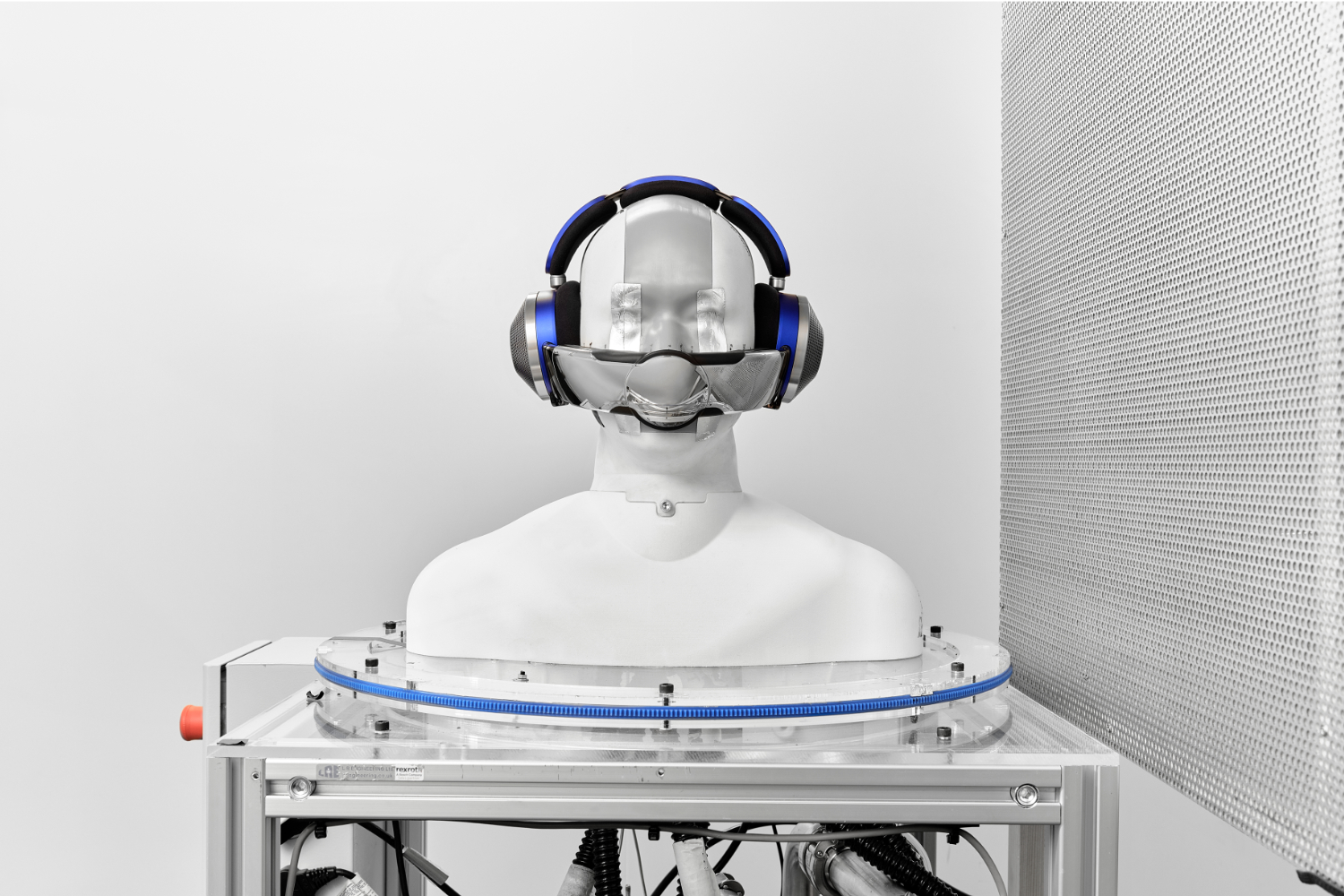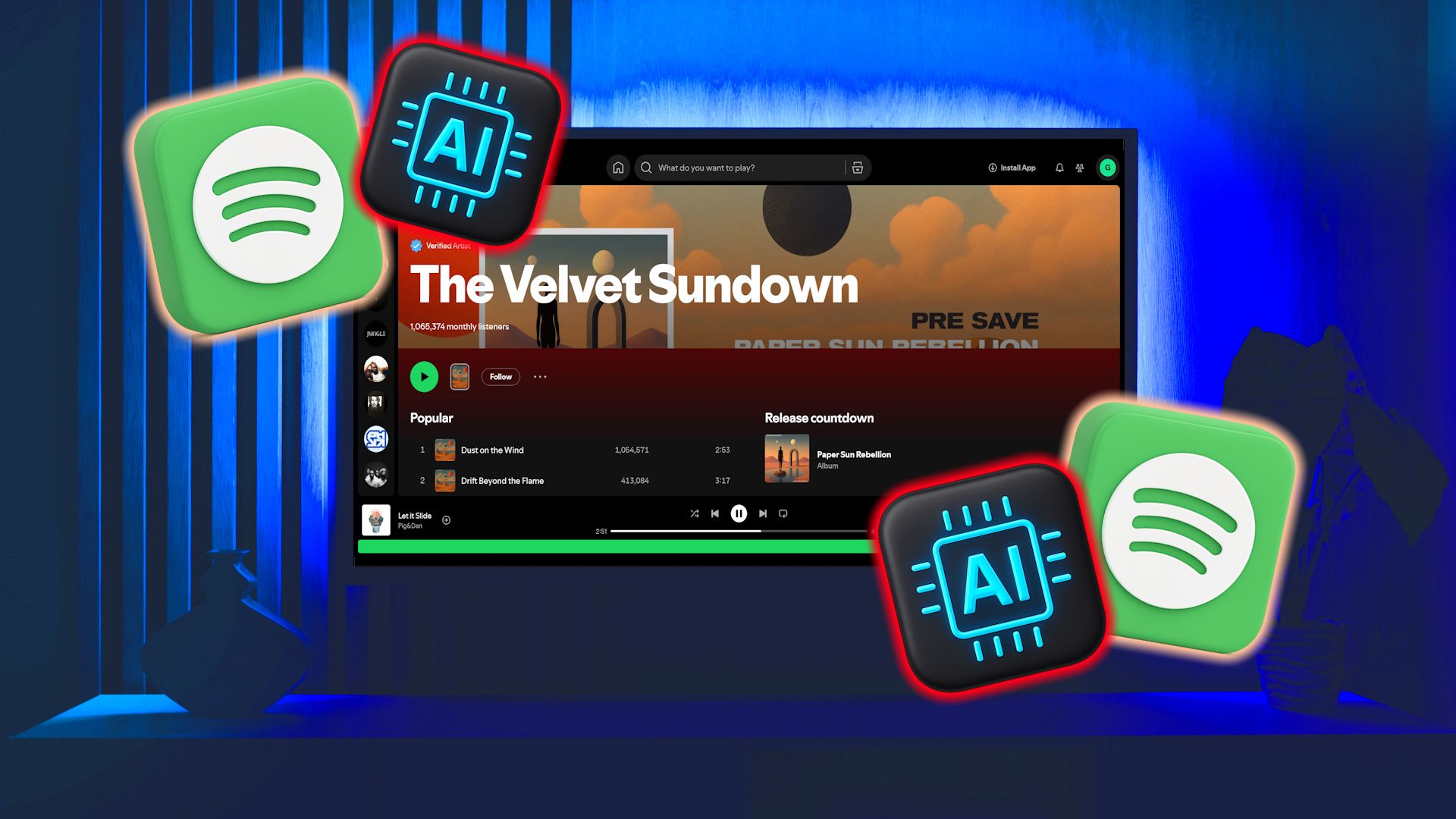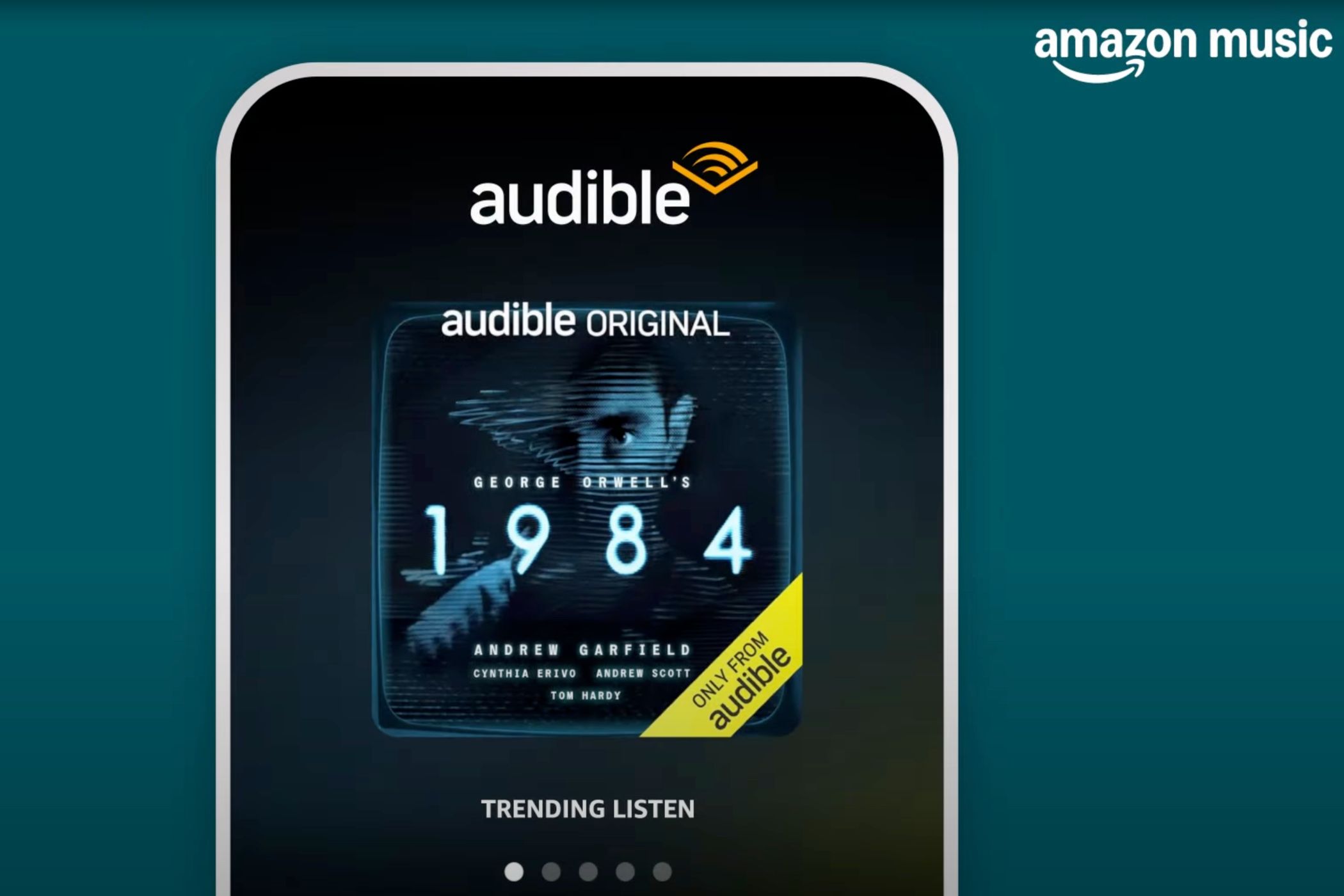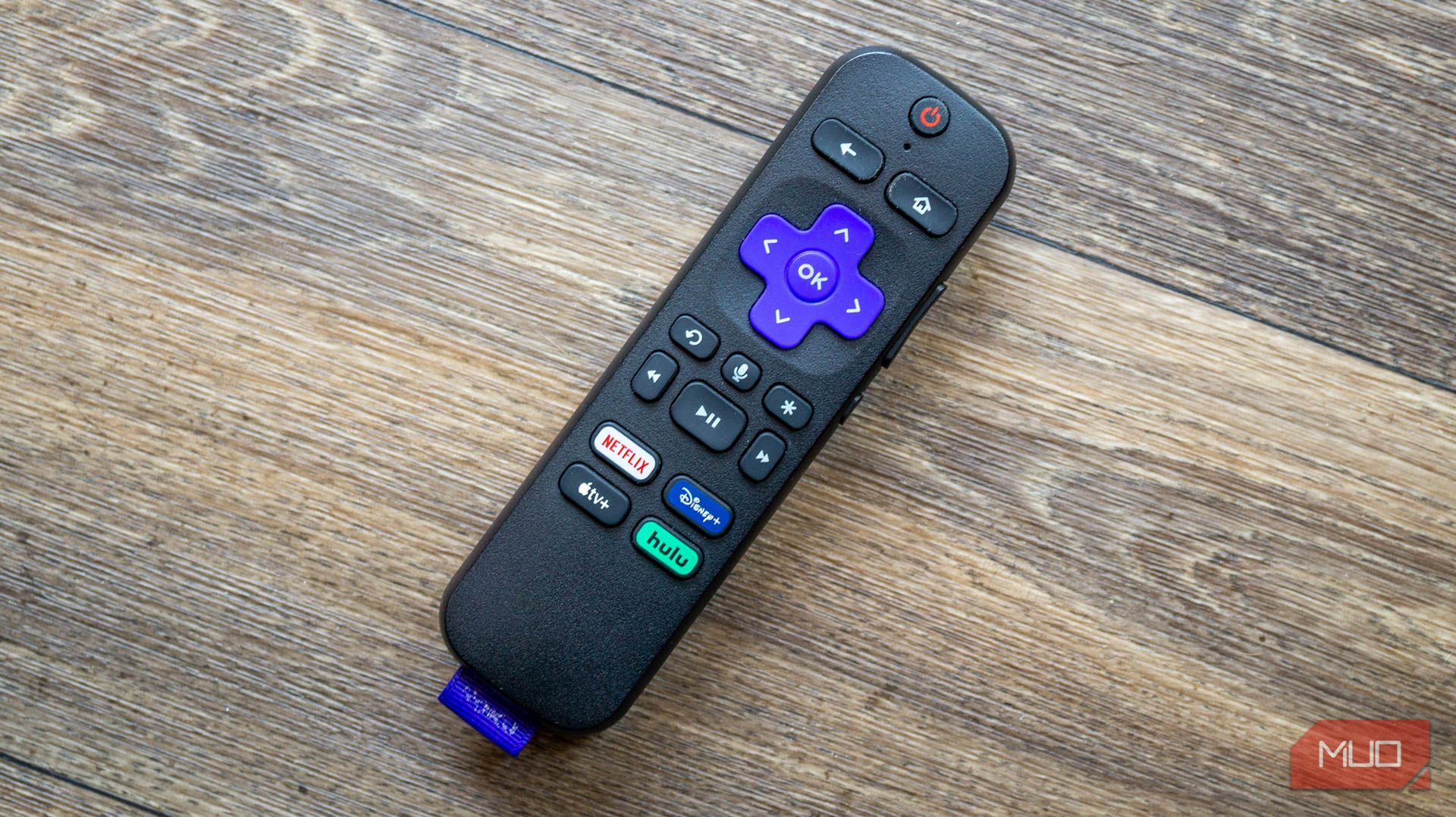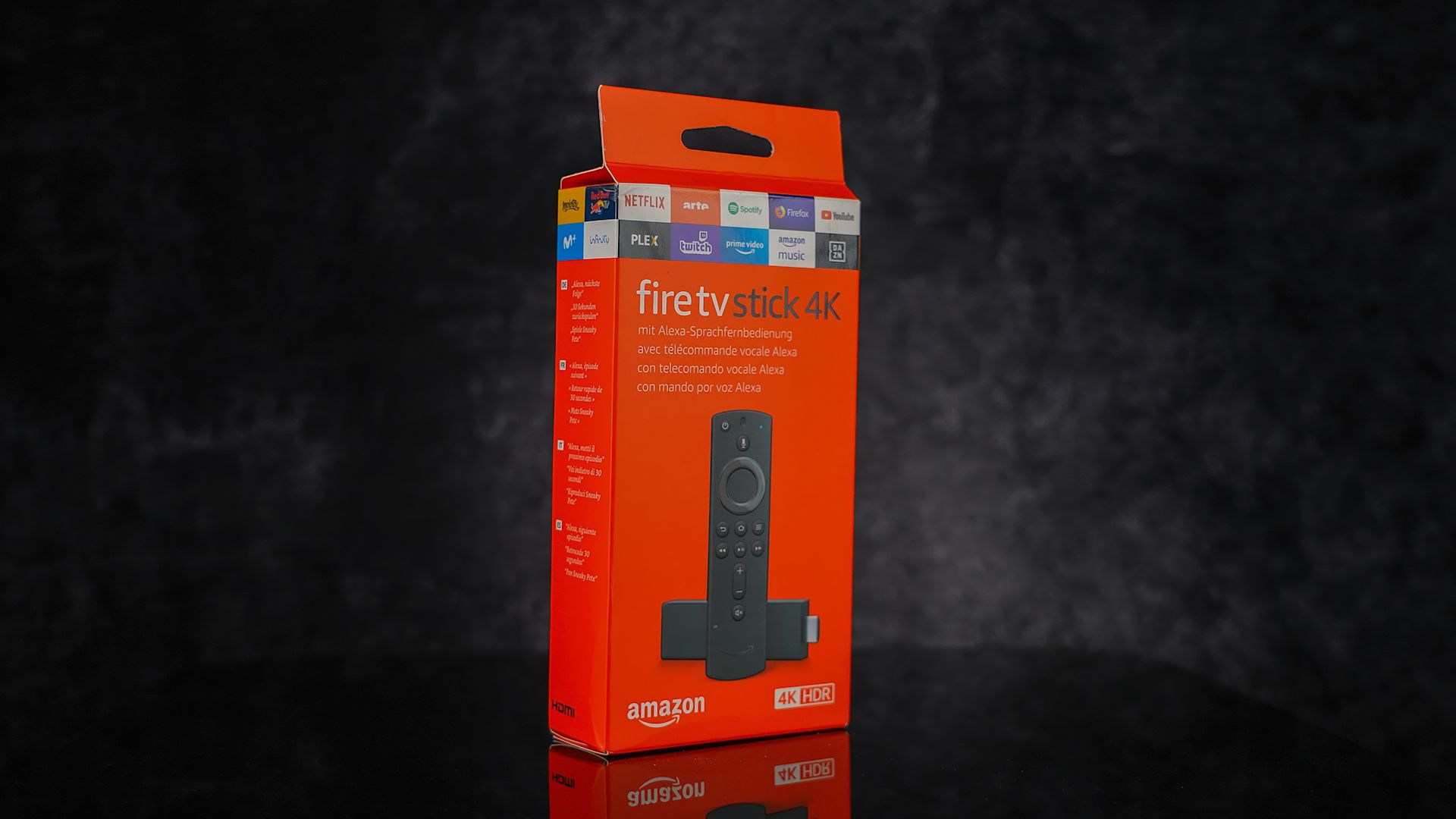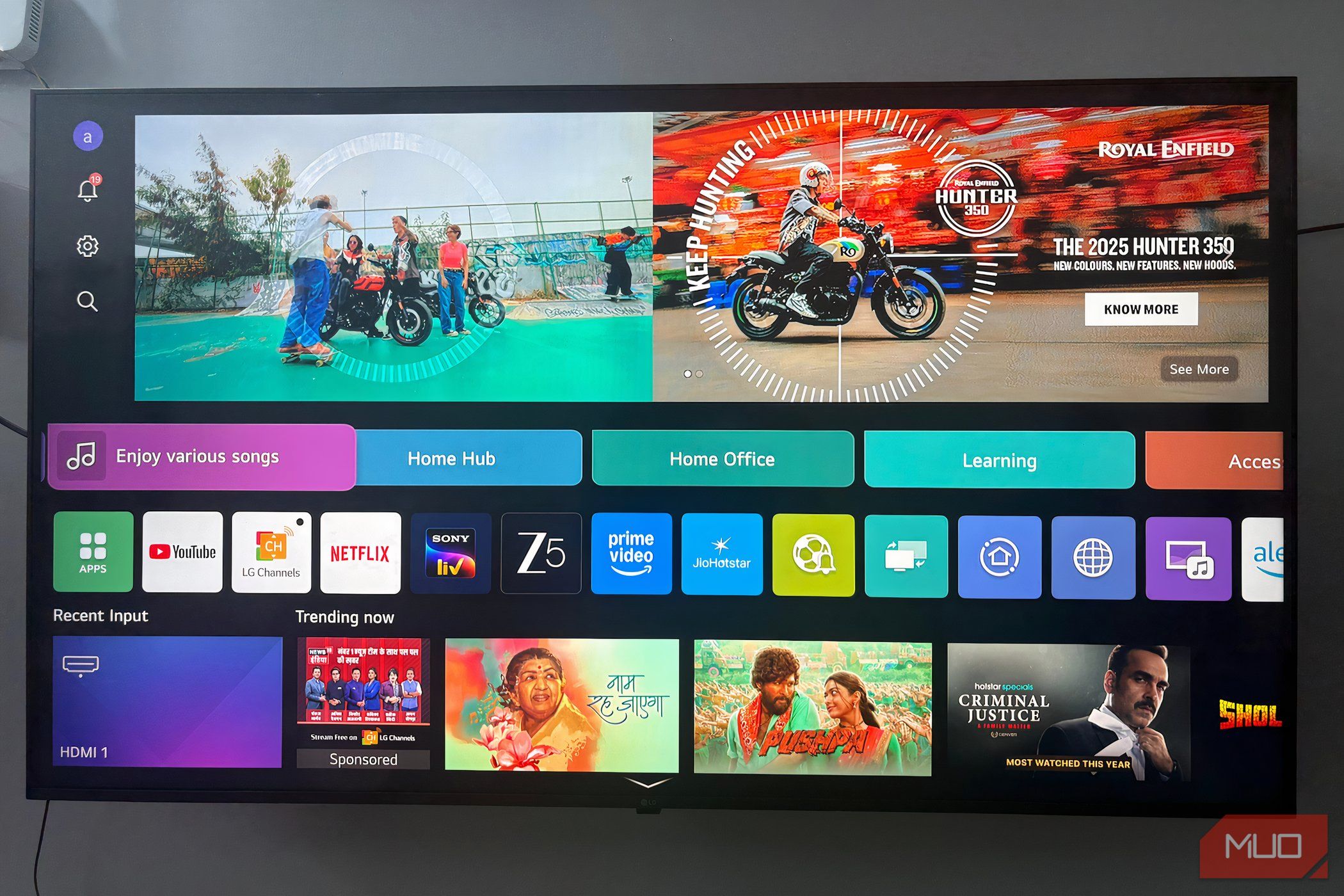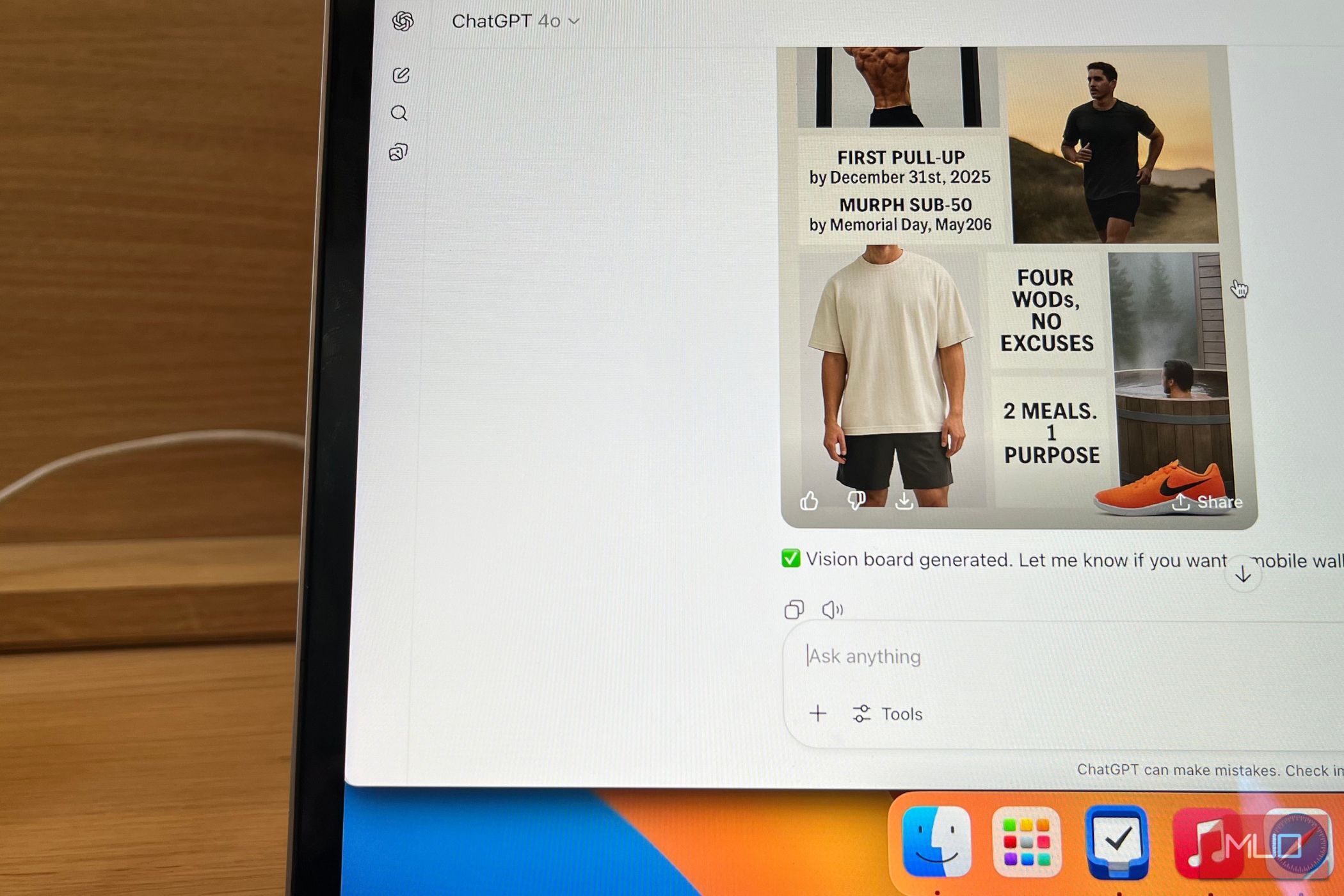Audible now offers audiobooks narrated by AI-generated voices, helping publishers turn more books into audio. Is this an opportunity for those with limited budgets, more choices for the listeners, or a death knell for human narrators?
AI Voices Are Expanding the Audiobook Library
Audible announced it’s working with select publishers to produce audiobooks using AI narration. The idea is simple: many books never make it into audio because hiring a human narrator is expensive and time-consuming. By using AI-generated voices, publishers can release more titles faster and cheaper.
There are over 100 AI voices to choose from. To begin with, English, French, Spanish, and Italian are the languages of choice. Under the hood, the virtual voices will tap into Amazon’s advanced AI capabilities.
Publishers can choose between two pathways. The first is Audible-managed, end-to-end production, where the company handles every step. The second is Self-service production, where publishers control the production process.
Later this year, Audible also plans to launch a beta for AI-powered translation. It will convert English-language books into Spanish, French, Italian, or German. Publishers can also work with human translators to fine-tune the output.
Audible’s CEO Bob Carrigan says audiobooks cover only a tiny fraction of all published books. That number could grow with AI, especially for niche or indie titles that would otherwise never get an audio version:
We’ll be able to bring more stories to life — helping creators reach new audiences while ensuring listeners worldwide can access extraordinary books that might otherwise never reach their ears.
Why This Matters for You as a Listener
For most listeners, this change means more books to choose from. If there’s a book you’ve wanted to hear but couldn’t find in audio, it might now show up on Audible with a virtual narrator. And if you listen in another language, the translation tools could open up many more options.
Hopefully, this won’t replace professional narrators for big releases. There’s nothing quite like Bryan Cranston narrating The Things They Carried or Morgan Freeman’s voice in Ishmael. Bestsellers and popular memoirs should still get the full studio treatment. But for smaller books or ones where publishers can’t justify the cost, AI could fill the gap.
Will AI voices be as expressive or emotional as human readers? Probably not—at least not yet. But for some books, such as nonfiction, how-tos, or business titles, this might not matter as much.
AI-generated podcasts are already here, and they are dividing opinions. Audiobooks could have the same effect.
I’m already talking to chatbots like ChatGPT when I need to absorb information while walking. They’re not perfect, but they’re getting better. And if it means I can listen to more books I care about only in passing, I’m open to it. For more serious titles, I will always prefer the timbre of a human voice.
Only time will tell if AI audiobooks flood the market and it becomes the rule rather than the exception. Let’s hope Audible implements a cataloging system where we can tell AI and human-narrated audiobooks apart. Till then, keep an eye on the “Narrated by” mention under each Audible audiobook.
